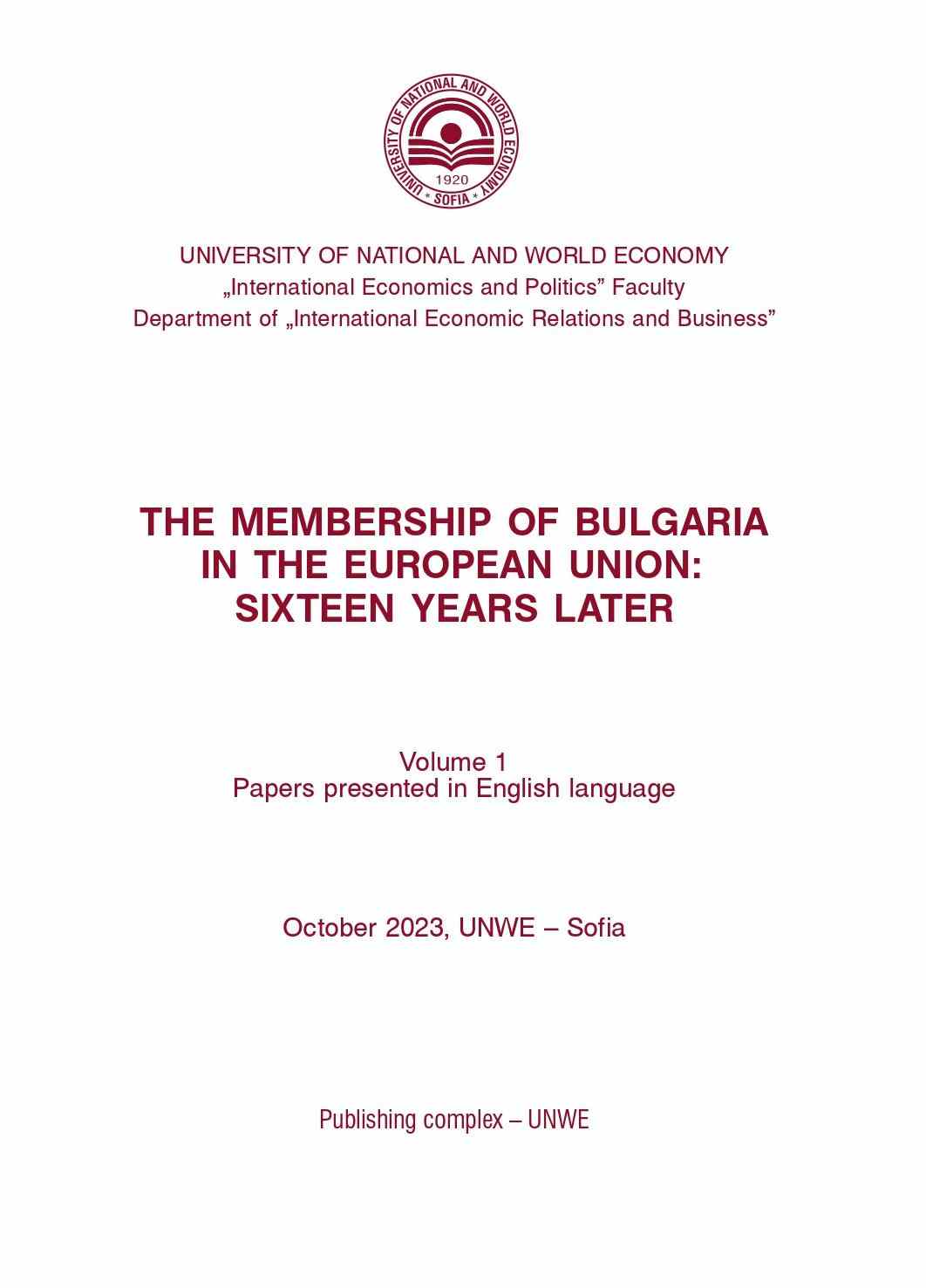Analysis of Fiscal Policies and Their Impact on the Local Economy
Analysis of Fiscal Policies and Their Impact on the Local Economy
Author(s): Selma Binjaku, Shkëlqim Fortuzi
Subject(s): Politics / Political Sciences, Politics, Economy, National Economy, Economic policy, Fiscal Politics / Budgeting
Published by: Университет за национално и световно стопанство (УНСС)
Keywords: taxes; fiscal package; businesses; taxation
Summary/Abstract: Fiscal policies are the tools used by the government to influence the country’s economy through taxation, public spending, and public debt. Their goals are to regulate the economy, assist in increasing employment, reduce inflation, and maintain control of public debt. Tax revenues are the primary and significant sources of income for governments in most countries. The potential tax revenues of a country based on its legal or tax law are much greater than the actual tax revenues collected. Due to the lack of full tax compliance, government budgets are rarely balanced in most countries, and the gap between revenues and expenditures is growing. The key question is why taxpayers avoid taxes. The purpose of this paper is to familiarize with the concept of fiscal packages and how the new taxation system works in the country. The paper is divided into three sections, where the first section includes the analysis of the theoretical aspect of our tax system, focusing on the concepts of taxes and duties according to national legislation. The second section focuses on fiscal packages for the years 2020, 2021, 2022, and the revenues generated during the respective years, while the final section deals with the analysis of the survey conducted among businesses in our country that have implemented the taxation system by examining the difficulties businesses are currently facing after the implementation of taxation, as well as their approach to taxation.
- Page Range: 144-158
- Page Count: 15
- Publication Year: 2024
- Language: English
- Content File-PDF

